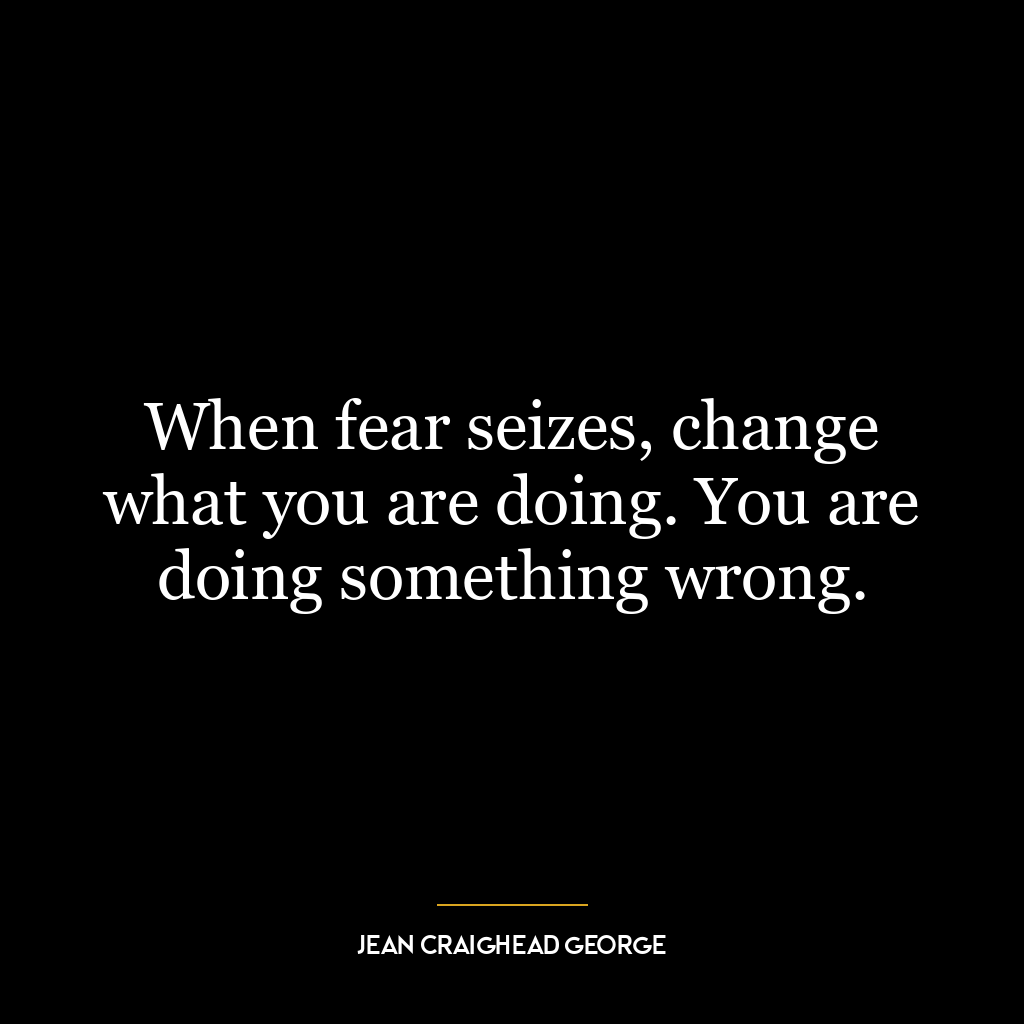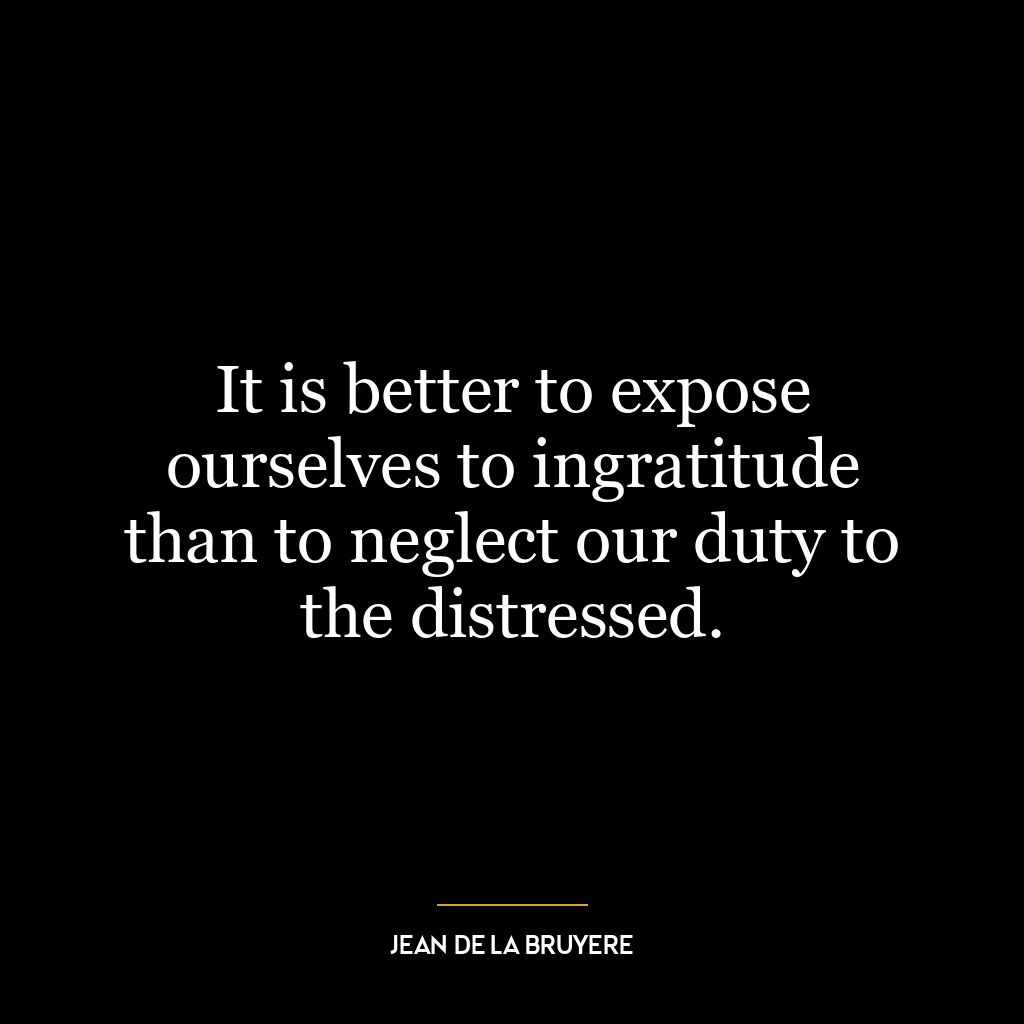This quote implies that fear is a poor motivator for instilling a sense of duty or responsibility. When people act out of fear, they are not truly learning or understanding the principles of good citizenship; they are merely responding to immediate pressures or threats. The actions driven by fear are likely to be temporary and unsustainable in the long run. Once the source of fear is gone, the person might revert to their previous behavior.
A lasting sense of duty, on the other hand, comes from understanding, acceptance, and internalization of values and principles. It requires an individual to recognize the importance of their role and responsibilities in a society and to act upon them not out of fear, but out of a genuine belief in their value.
In today’s world, this idea is still very applicable. For instance, laws and regulations often use fear of punishment as a motivator for compliance. While this might work in the short term, it doesn’t necessarily lead to a deep understanding or acceptance of the law’s importance or the values it upholds. People might obey the law to avoid punishment, but if they don’t truly believe in its purpose, they might break it when they think they won’t get caught.
In terms of personal development, this quote suggests that fear is not a healthy or effective motivator for growth or behavior change. People might temporarily change their behavior to avoid negative consequences, but without a deep understanding and acceptance of the need for change, they are likely to revert back once the fear subsides. True growth and development come from a place of understanding, acceptance, and a genuine desire to improve, not from fear.
Ultimately, this quote is a reminder of the importance of fostering understanding and acceptance, rather than relying on fear, as a way to promote good citizenship and personal growth.








